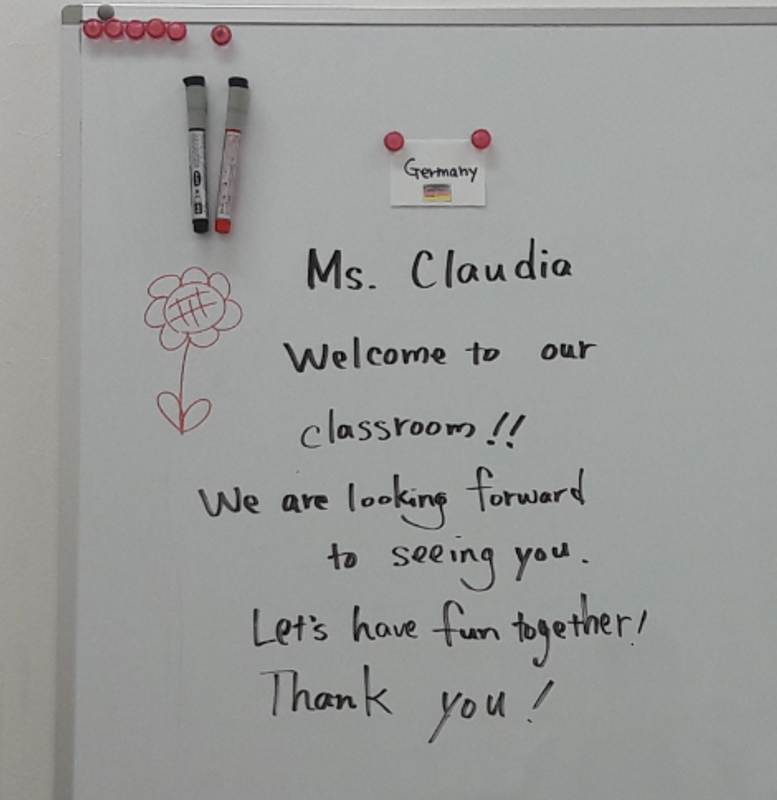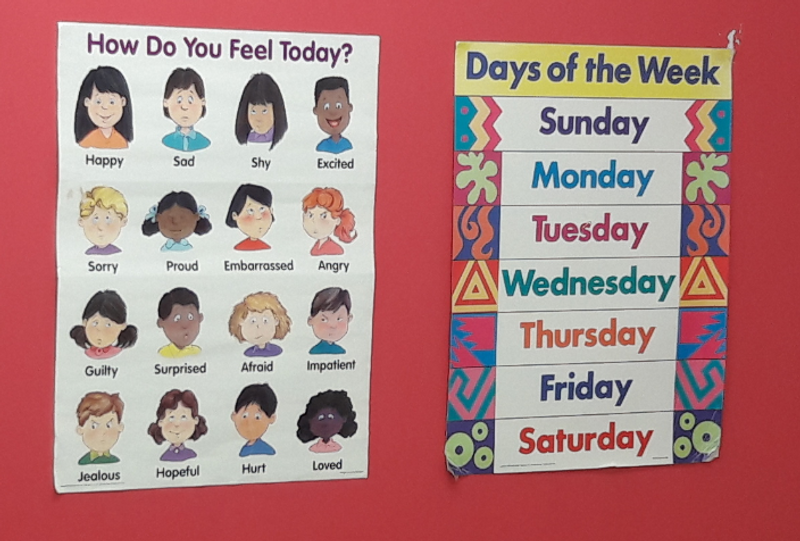Feb 5, 2018
"At least you can always work as an English teacher!“ - Really?
Before moving to Japan in October 2016 I researched a lot in the Internet. Sure, it wasn’t my first stay there, but starting a new life in a foreign country is nothing easy and you can always get new information while searching online.
One of these topics I looked up was “finding a job in Japan”. Actually, you can find a lot of information about it. There are websites with job offers or websites providing information about the Japanese resumes (履歴書 Rirekisho) and how to fill them out. Some personal blogs are even telling you about their work life in Japan.
Something I read very often was the fact that most of the foreigners living in Japan, I found on the Internet, are working as an English teacher – some even saying that this is one of the easiest jobs you could get when you come to Japan and don’t speak Japanese well. So, when I moved to Japan and got my visa I tried to become an English teacher.
The problem of being a non-native
While searching for an English teaching job at the well-known "eikawa schools" in Japan (English conversation schools) I quickly found out that I cannot even apply online, because you have to mark that you have a passport from an English-speaking country and that English is your native language. Because of this the many possible job offers shrunk very quickly. Sure, some companies are fine with “business level” or “equal to native level” English, but to prove this you often need some documents and certificates (which I also don’t have).
The difference between having a visa and needing a visa
One thing I also realized while searching for a job was the following: it is a big bonus point if you already have a visa. So, coming here to Japan with a spouse visa, working holiday visa or student visa makes it much easier for you to find at least a part time job. Why? Actually it is really a lot of paperwork that a company needs to do if they want to sponsor a visa. This takes time and can be annoying. Also, getting a proper working visa for Japan is difficult. If you don’t meet the requirements, the immigration office quickly can say "No" and "Good-bye" to you. Two of these requirements often are a university degree and working experience in a certain field. For me, I have neither. So, I knew right from the start I will probably never be able to get a working visa (lucky I could get the spouse one).

My Results
I ended up writing many applications to many different companies, mainly searching for a part-time job teaching English to children, because I was new to being a teacher and wanted to learn more about it with just a few lessons a week. Most of my letters remained unanswered. However, I was lucky enough to get jobs at two different companies where I mostly have classes in the afternoon. I have been doing this for nearly one year now and enjoy it very much.
But I also have to say that the “At least you always can work as an English teacher” is not really true. First, you have to enjoy teaching yourself. Furthermore, especially around cities like Tokyo, there are so many foreigners now that the schools are able to choose who they want to employ - and don't just take any foreigner who comes there. That is why it is not always as easy as some people say.
How were your experiences?
A German woman who made several trips to Japan did one year of Working Holiday. Started living in Japan again since October 2016 together with her Japanese husband. Loves music, cats, traveling and food.
Check out my Instagram account for your daily Japan vibes: https://www.instagram.com/yoko_lost_in_japan/




0 Comments